Aimee Byrd’s latest book, The Hope in Our Scars: Finding the Bride of Christ in the Underground of Disillusionment, offers a vision of hope and love amidst the disillusionment many Christians experience today. She points to the good, true, and beautiful in our world today to see God at work in the world.
In this book, Aimee reckons with a key contributor to this disillusion: the vast abuse and harm that the church has perpetuated in recent years—as well as the response of denial, victim-blaming, intimidation, and silencing from leaders and pastors affecting this harm. This isn’t an abstract or impersonal phenomenon for Aimee. Her advocacy for the dignity and humanity of women has led to terrible backlash from those she trusted most. She’s been harassed and ridiculed within the broader church community and on social media. In challenging systems of abuse, Aimee has led with pastoral compassion towards those who bear the scars of living faithfully in our world.
In our conversation, I asked Aimee why she chose to center the Song of Songs as the framework for this book. We discuss the role of the sacraments in the Christian life. Aimee shared a few words of encouragement for Christians who are struggling to find Christian community. And, of course, we talk about a popular refrain in the book: “Hope bears scars.”
Aimee Byrd is a former coffee cafe owner who now uses her conversational barista skills as a writer and speaker. Her latest books blend contemplative thought with biblical theology. She lives in her hometown in Frederick, MD with her husband, Matt, and three young adult children who are in and out of the house.
Aimee is the author of The Hope in Our Scars, The Sexual Reformation, Recovering from Biblical Manhood and Womanhood, Why Can’t We Be Friends?, No Little Women, Theological Fitness, and Housewife Theologian. She is a former cohost of Mortification of Spin podcast for the Alliance of Confessing Evangelicals, and currently cohost of Birds of a Feather YouTube cast with Mike Bird. Aime has articles published in Table Talk, Modern Reformation, First Things, By Faith, New Horizons, Ordained Servant, Common Good, Harvest USA, Credo Magazine, and was interviewed and quoted in Christianity Today and The Atlantic.
Looking for the beauty and wonder in theology—learning about God—and spiritual formation, Aimee writes about the things she hoped to talk about in church. In this quest, she’s found many others who’ve been disillusioned by the church but are still looking for what’s real, beautiful, true, and good. It’s often not where we think it is.
Show Notes:
Our story leads others to tell their stories as well. This draws us out of ourselves and creates opportunities for genuine empathy.
Speaking of scars isn’t sentimentalizing woundedness. Harm is terrible and should be recognized as such. But recognizing our scars also means recognizing the site of healing.
“Christ is so obsessed with our suffering that he enters into it”
What are the expectations of a worshiping community and spiritual life?
“I was longing for the confession of sin together as a church and for absolution. I was longing for benediction and a good, deep congregational prayer.”
There is a difference between imperfection and hostility.
The Song exemplifies how we are able to speak to God profoundly and intimately.
The Song as a hermeneutic
Partaking in the Eucharist is literally finding hope in Christ’s scars.
We can’t take the mystery out of the sacraments
Kintsugi—a Japanese art of repairing broken pottery—takes what is broken and mends it with beauty.
Moving from “What gives you hope?” to “What do you love?”
Christ uses what we love to draw us towards him.
When you’re in the underground of disillusionment, look to your left and your right. You will soon find you’re not alone. It is crowded. But this should give us hope: we are not alone.
Looking and listening for Christ.


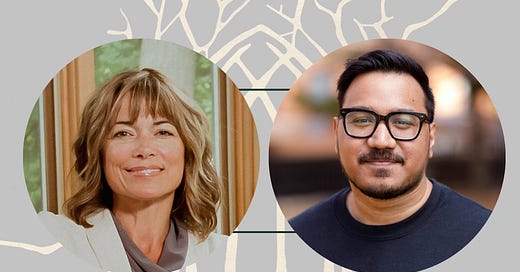



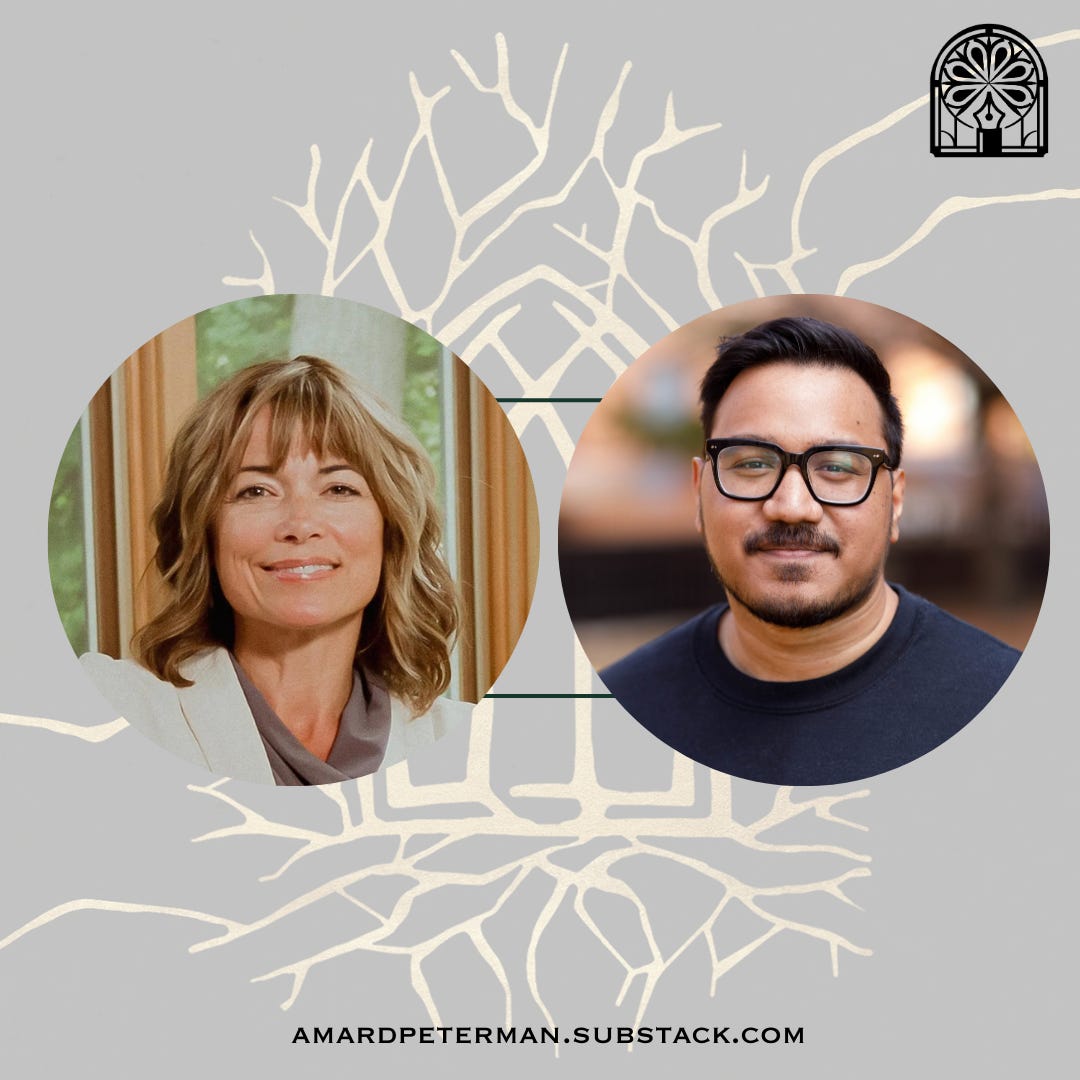
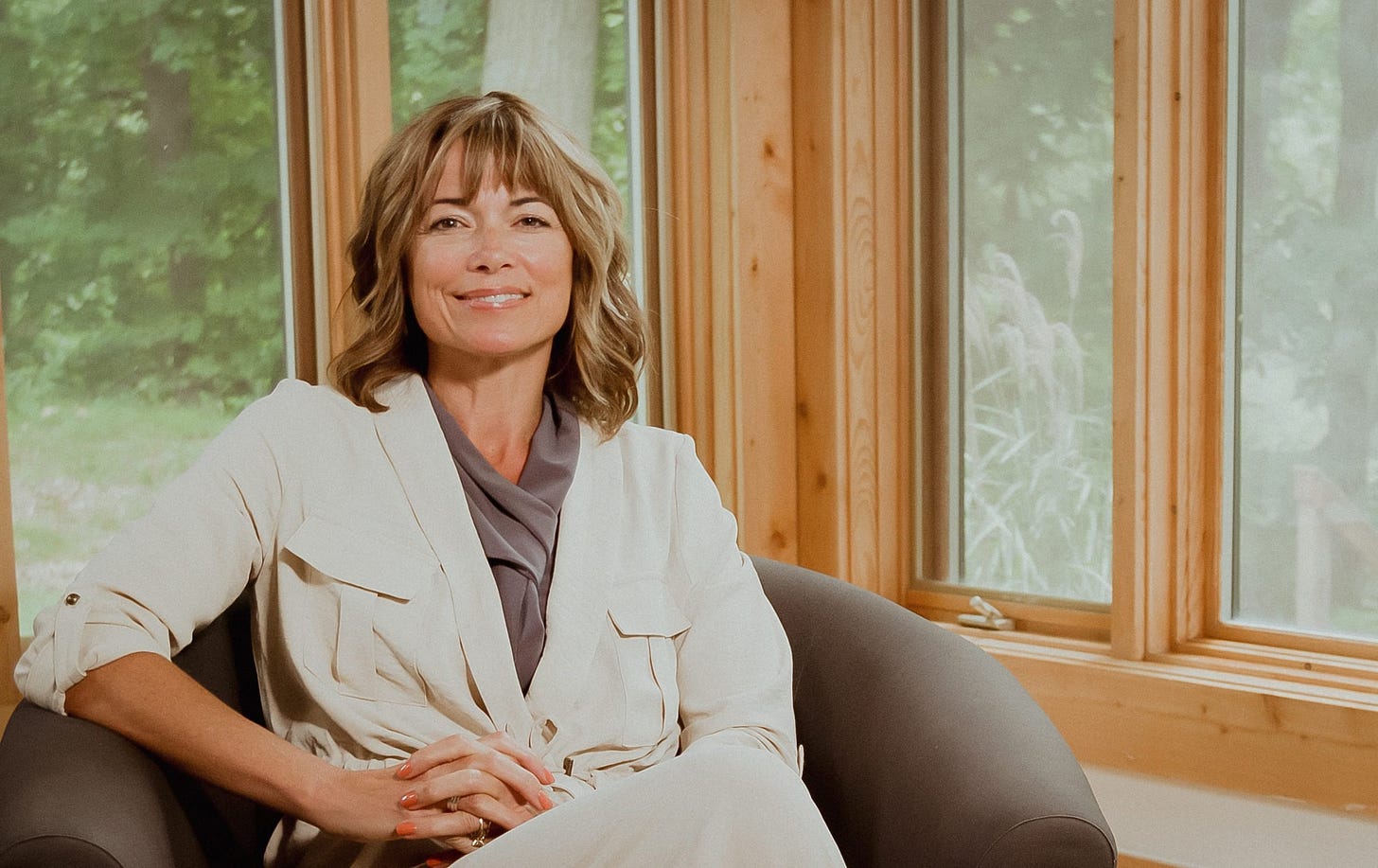


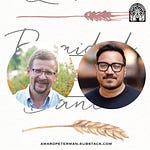
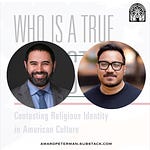





Share this post